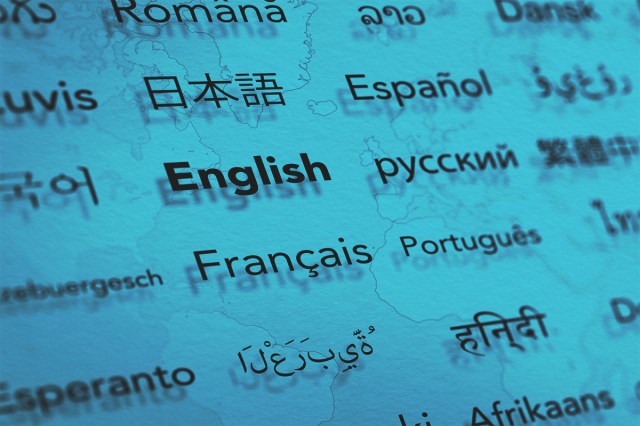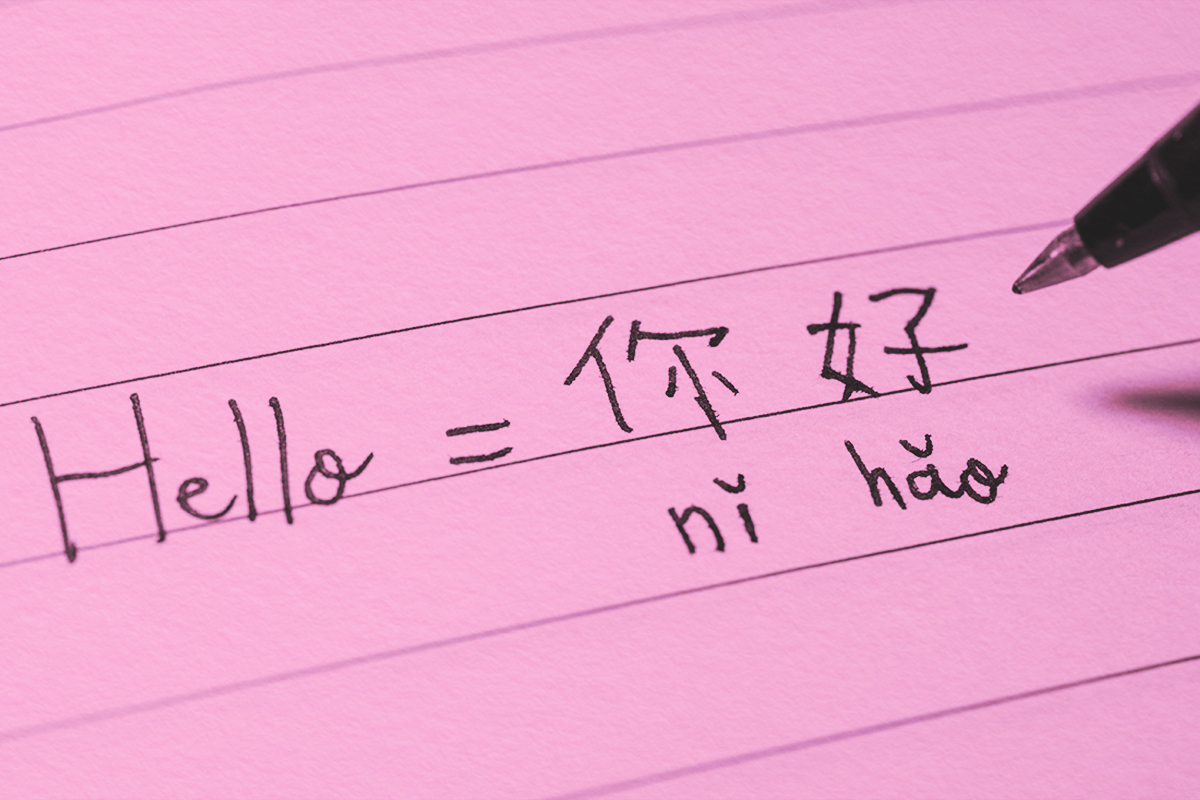
Sometimes, languages contain words that capture concepts so specific to their culture — or to some undefinable essence of that culture — that they resist direct translation. And even though an English speaker may understand the exact feeling the word conveys, it remains untranslatable, at least without using additional words to explain it. Here are some of the most fascinating words that don’t have a direct, single-word translation in English, including a Danish concept of cozy contentment and a profound Welsh word for a deep and unattainable longing.
This Danish concept encompasses a feeling of cozy contentment and comforting, pleasurable experiences. Hygge is more than just coziness — it’s about creating a warm atmosphere and enjoying life’s simple pleasures, be it cuddling up with a cup of hot cocoa or snuggling in soft blankets.
Type the Portuguese word saudade into a translator and you’ll probably get back “longing.” But saudade expresses much more than this simple definition. It’s more accurately a longing for someone or something you once loved, now gone forever; a bittersweet nostalgia that goes beyond simply missing someone; or an emotional state that mixes love, loss, and hope. The Portuguese writer Francisco Manuel de Melo described it as “a pleasure you suffer, an ailment you enjoy.”
Ubuntu, a word in the Bantu language Zulu, is often compared to “humanity.” But this one-word translation doesn’t do ubuntu justice, as it has a philosophical connotation that emphasizes the interconnectedness of individuals and collective well-being. It is sometimes translated into English as, “I am because we are,” which perhaps best approximates its complex meaning.
This Swedish word is sometimes translated as “just the right amount” — not too little, not too much, but perfectly balanced — while also implying that something is reasonable. It can be seen as reflecting a Swedish approach to moderation, a kind of middle-of-the-road attitude that avoids both excess and limitation.
Tartle is a brilliant Scottish word — little known to English speakers and with no direct translation — that refers to the hesitation we show when we can’t remember someone’s name. It doesn’t apply when you forget the person’s name entirely — it only refers to that awful awkwardness we feel while scrabbling around in our brains to connect a name to the face.
Ayni is an important word among the Quechua and Aymara Indigenous populations of Peru, Ecuador, and Bolivia. In English, it can be translated as “reciprocity” or “mutualism,” but its meaning — both as a concept and as a social practice — is deeper. It implies that everything in the world is connected, and so cooperation between members of a community is a natural way of living. Ayni is sometimes translated as “today for you, tomorrow for me,” or vice versa.
Schadenfreude is perhaps one of the most widely known words that has no direct English equivalent — hence its presence as a common loanword in the English language. It indicates the pleasure derived from someone else’s misfortune — a universal emotion for which German has given us a precise term.
The German language is known for its various untranslatable words, but few have such an impact as backpfeifengesicht — which basically means “a face that looks like it should be slapped.”
In 1993, a word from the Yahgan (also spelled Yagán) language of Tierra del Fuego, Chile, was recognized by Guinness World Records as the most succinct in existence: mamihlapinatapai. The British missionary and linguist Thomas Bridges, who spent 20 years living among the Yaghans in the 1800s, translated it as, “To look at each other, hoping that either will offer to do something, which both parties much desire done but are unwilling to do.” The last native speaker of Yahgan died in 2022, and the language became extinct.
This Brazilian Portuguese word has no English equivalent, which is unsurprising considering how specific it is. In Brazil, cafuné means “to soothe someone by tenderly running one’s fingers through their hair.”
No matter where in the world they may live, book lovers know the feeling of tsundoku. This wonderful Japanese word refers to the act of collecting a large library of unread literature. Or, as Ella Frances Sanders puts it in her book Lost in Translation, it’s the feeling of “leaving a book unread after buying it, typically piled up together with other unread books.”
Hiraeth is a highly evocative word in Wales, and one with no direct translation in English. Marian Brosschot, a Welsh language officer in Trelew, Patagonia (where, incidentally, they speak Welsh), described hiraeth to the BBC as “a kind of longing for a person, a place, or a time that you can’t get back to, a kind of unattainable longing.”

















